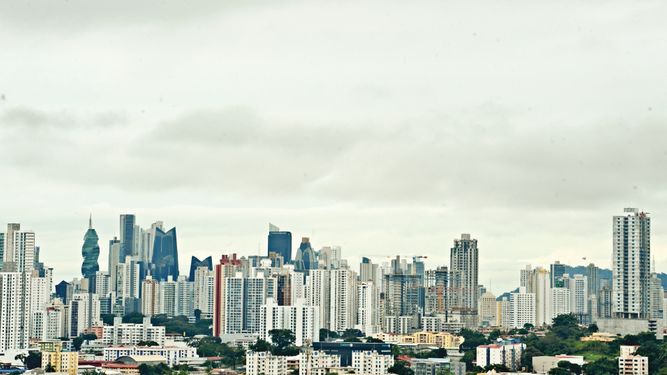Panama ranked 5th in regional democracy list

The Economist Intelligence Unit annual “Index of Democracy” ranks Panama as the fifth most democratic country in Latin America and the Caribbean, but its government operation lags below the regional average.
The index defines the health and transparency of democracy based on five criteria: electoral process and pluralism; operation of the government; political participation; political culture, and civil rights.
Electoral process and pluralism
In a table in which the highest score is 10, Panama has an average of 9.58 at a regional level, which positions it as one of the most electorally active and pluralistic Latin American nations, in a region that the index classifies as one of the most active in the world.
The global average is 6.90, and Latin America and the Caribbean surpass it, with 8.90. The index cites government changes in Paraguay, Colombia, Mexico, Brazil, Chile, and Cuba, as examples of the effectiveness of the electoral process, since they happened with little or no internal conflict.
Government
In government operation, Panama gets 6.07 points below the regional average, of 6.24. The study attributes the government’s lack of efficiency to the fact that “Latin American governments continue to be plagued by corruption and the effects of organized crime,” which leads to “persistent deficiencies in the practice of democracy.”
Political participation
Political participation, understood in both voting and protest, is around 7.05 in Panama, which marks a slight decline with respect to previous years. But in 2018, Panama remained at least two points above the world average of 5.48.
Civil rights
Panama scores 7.94 above the regional average (7.20 and the global average (6.90). in terms of civil rights, freedom of expression, cult and press, and the right to property, among others.
Political culture
The category that most exposes the democratic failures in Panama is that of political culture. With an average of 5.50 in the Latin American region, Panama is in the low echelons, with 5.0, more or less on a par with the global scale.
In addition to statistics, the report comments on the “resurgence of populism” in the region, as a result of the distrust and dissatisfaction of the population with the governments, and The Economist analyzes the electoral triumphs of Andrés Manuel López Obrador in Mexico and Jair Bolsonaro in Brazil as symptoms of the change.





